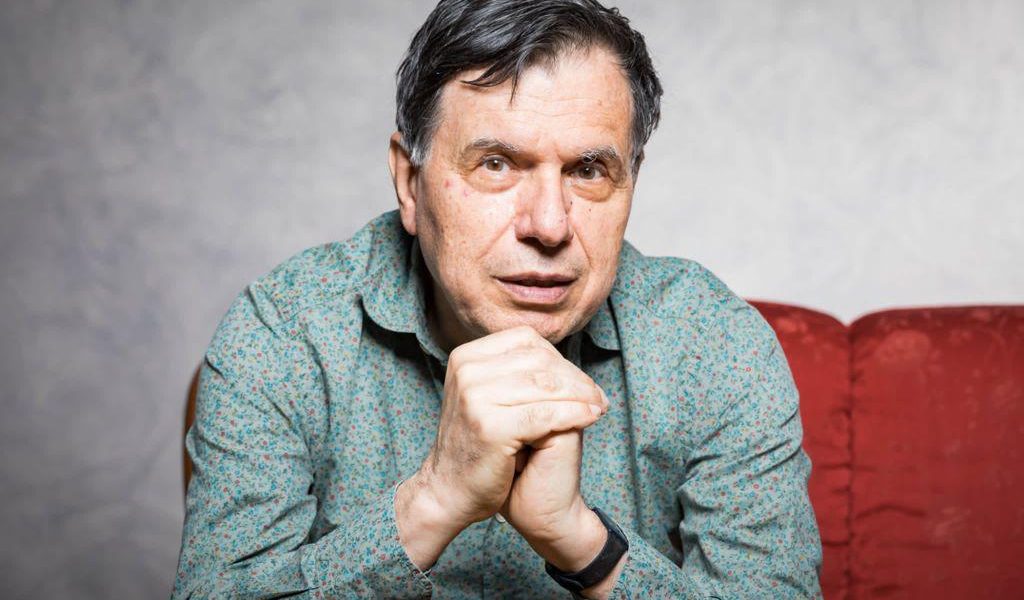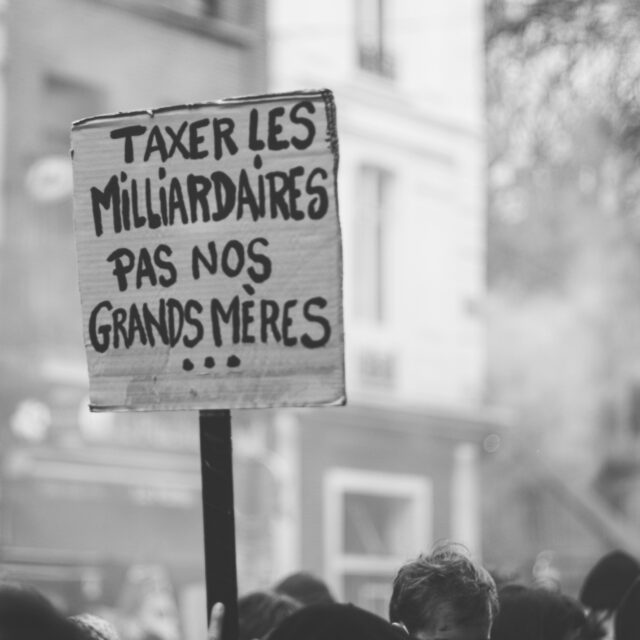Giorgio Parisi, grantee of the European Research Council (ERC), has been awarded the 2021 Nobel Prize in Physics.
The other half of this year’s award is shared by Syukuro Manabe and Klaus Hasselmann. The three laureates received the prize “for ground-breaking contributions to our understanding of complex physical systems.” For almost a decade, Professor Parisi has been supported with substantial funding from the ERC. Klaus Hasselmann has participated in two EU-funded Framework Programme 7 projects.
Commissioner for Innovation, Research, Culture, Education and Youth Mariya Gabriel said: “I warmly congratulate all three laureates of this year’s Nobel Prize in Physics for their achievement. I am proud that the EU has backed two of them, Klaus Hasselmann and Giorgio Parisi, through research and innovation funding aimed at advancing scientific knowledge. This shows us that investing in top frontier science helps to keep European research at the forefront.”
Incoming ERC President Prof. Maria Leptin commented: “Congratulations to today’s Nobel Prize winners! The European Research Council is proud to have supported Giorgio Parisi and his revolutionary research since 2010. He is the eighth ERC grantee to be awarded a Nobel Prize since the EU launched the ERC in 2007 to ensure that the brightest minds could follow their most daring scientific ideas. I cannot underline enough how crucial it is for Europe to keep investing in top researchers driven by sheer curiosity, which Giorgio Parisi’s achievement illustrates perfectly.”
To date, Prof. Parisi has received two Advanced Grants from the ERC, in 2009 and 2016, worth in total some 3.7 million euro. Using his first ERC grant (worth €2 million), he aimed to get a theoretical understanding of the most important large-scale phenomena in classical and quantum disordered systems.
With his current ongoing Advanced Grant (worth €1.7 million), Prof. Parisi develops a theory of the large-scale properties of the free energy landscape of glasses at low temperature. With focus on the jamming of hard spheres, the aim is to study properties of phase transitions with general applicability, especially in the context of complex systems.
He won the Nobel Prize for discovering the “interplay of disorder and fluctuations in physical systems from atomic to planetary.”
Prof. Parisi has also served as a panel member for the ERC evaluations several years, reviewing grant proposals from early and mid-career researchers.
Klaus Hasselmann has participated in two EU-funded projects (EURUCAS and COMPLEX) from the EU’s Framework Programme 7
Giorgio Parisi is Professor of theoretical physics at the University of Roma I, ‘‘La Sapienza,’’ and his research subjects cover quantum field theory, statistical mechanics, and complex systems. His discoveries are among the most important contributions to the theory of complex systems. They make it possible to understand and describe many different and apparently entirely random materials and phenomena, not only in physics but also in other, very different areas, such as mathematics, biology, neuroscience and machine learning.




